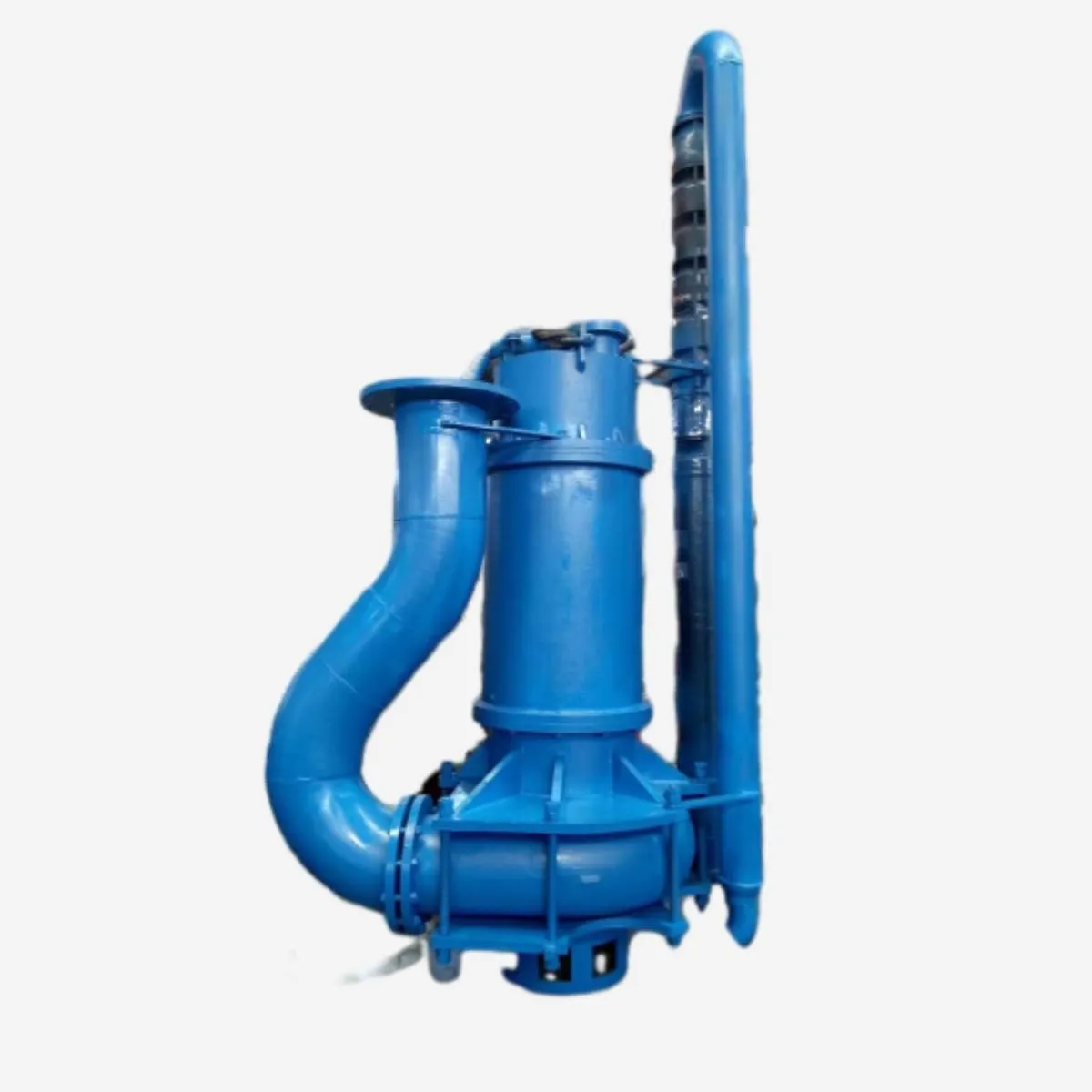English
- Afrikaans
- Albanian
- Amharic
- Arabic
- Armenian
- Azerbaijani
- Basque
- Belarusian
- Bengali
- Bosnian
- Bulgarian
- Catalan
- Cebuano
- Corsican
- Croatian
- Czech
- Danish
- Dutch
- English
- Esperanto
- Estonian
- Finnish
- French
- Frisian
- Galician
- Georgian
- German
- Greek
- Gujarati
- Haitian Creole
- hausa
- hawaiian
- Hebrew
- Hindi
- Miao
- Hungarian
- Icelandic
- igbo
- Indonesian
- irish
- Italian
- Japanese
- Javanese
- Kannada
- kazakh
- Khmer
- Rwandese
- Korean
- Kurdish
- Kyrgyz
- Lao
- Latin
- Latvian
- Lithuanian
- Luxembourgish
- Macedonian
- Malgashi
- Malay
- Malayalam
- Maltese
- Maori
- Marathi
- Mongolian
- Myanmar
- Nepali
- Norwegian
- Norwegian
- Occitan
- Pashto
- Persian
- Polish
- Portuguese
- Punjabi
- Romanian
- Russian
- Samoan
- Scottish Gaelic
- Serbian
- Sesotho
- Shona
- Sindhi
- Sinhala
- Slovak
- Slovenian
- Somali
- Spanish
- Sundanese
- Swahili
- Swedish
- Tagalog
- Tajik
- Tamil
- Tatar
- Telugu
- Thai
- Turkish
- Turkmen
- Ukrainian
- Urdu
- Uighur
- Uzbek
- Vietnamese
- Welsh
- Bantu
- Yiddish
- Yoruba
- Zulu
Telephone: +86 13120555503
Email: frank@cypump.com
Oct . 21, 2024 07:31 Back to list
Optimizing Performance of Ejector Systems for Enhanced Efficiency and Reliability in Industrial Applications
Understanding Ejector Systems Principles and Applications
Ejector systems are vital components in various industrial applications, serving a myriad of purposes across diverse sectors such as manufacturing, oil and gas, and environmental engineering. The fundamental principle of an ejector system revolves around the conversion of energy from one medium to another, facilitating the movement of fluids without the need for mechanical pumps.
What is an Ejector System?
At its core, an ejector system consists of three main components the motive fluid, the suction fluid, and the mixing chamber. The system typically employs a high-pressure motive fluid—often steam, compressed air, or water—that is directed through a nozzle to create a high-velocity jet. As this jet exits the nozzle, it generates a low-pressure zone (or vacuum) in the mixing chamber, drawing in a secondary fluid, known as the suction fluid. The two fluids mix within the chamber and are expelled through a diffuser, where the velocity decreases and the pressure increases, resulting in a combined flow that can be directed to a desired location for further use or treatment.
Principles of Operation
The operation of an ejector system is governed by the principles of fluid dynamics and thermodynamics. The high-speed jet created by the motive fluid not only facilitates the mixing of the two fluids but also contributes to the entrainment of the suction fluid, effectively enhancing the system's efficiency. One of the main advantages of ejector systems is their ability to handle large volumes of fluids without relying on moving parts. This attribute minimizes maintenance requirements, making ejectors a cost-effective solution for many applications.
Applications of Ejector Systems
Ejector systems are employed across a wide range of industries due to their versatility and efficiency. Here are some notable applications
ejector system

1. Vapor Recovery Systems Ejectors play a crucial role in vapor recovery, especially in the oil and gas industry. They help capture and condense vapors from tanks or pipelines, preventing harmful emissions while maintaining pressure.
2. Chemical Processing In the chemical industry, ejector systems are used for mixing reagents and promoting chemical reactions, by effectively blending different fluid components. They are particularly useful in processes that require the evacuation of gases or vapors.
3. Cooling and Heating Systems Ejectors are used in refrigeration and air conditioning systems as part of the thermodynamic cycle. They help in circulating refrigerants and can enhance the overall efficiency of such systems by effectively managing heat transfer.
4. Wastewater Treatment In wastewater treatment facilities, ejectors assist in aerating the effluent by entrapping air into the liquid, thereby promoting biological processes for the breakdown of waste materials.
5. Vacuum Generation Ejectors are commonly utilized for vacuum generation in various applications, including packaging, medical treatments, and laboratory processes, where creating a vacuum is essential for efficacy and safety.
Advantages of Ejector Systems
Ejectors offer several benefits that make them desirable in industrial applications - Simplicity and Reliability With no mechanical moving parts, ejectors have reduced wear and tear, leading to longer operational lifetimes and lower maintenance costs. - Operational Efficiency Ejectors can handle various fluid types, including slurries, without clogging, making them versatile for different processes. - Environmentally Friendly Ejectors can effectively manage waste and emissions, promoting environmental sustainability in industrial operations. Conclusion
In summary, ejector systems play a crucial role in various industrial applications by leveraging the principles of fluid dynamics to move and mix fluids efficiently. From vapor recovery to wastewater treatment, ejectors have demonstrated their versatility and reliability across sectors. As industries continue to evolve and prioritize sustainability and efficiency, the relevance of ejector systems is likely to grow, paving the way for innovations and enhanced applications in the future. Understanding their operational principles and potential applications is essential for engineers and practitioners striving to optimize processes within their respective fields.
-
ISG Series Vertical Pipeline Pump - Chi Yuan Pumps Co., LTD.|High Efficiency, Energy Saving, Low Noise
NewsJul.30,2025
-
ISG Series Vertical Pipeline Pump- Chi Yuan Pumps|High Efficiency&Low Noise
NewsJul.30,2025
-
ISG Series Vertical Pipeline Pump-Chi Yuan Pumps Co., LTD.|High Efficiency&Energy Conservation
NewsJul.30,2025
-
ISG Series Vertical Pipeline Pump - Chi Yuan Pumps Co., LTD.|Advanced Hydraulic Design&Energy-Efficient Solutions
NewsJul.30,2025
-
ISG Series Vertical Pipeline Pump - Chi Yuan Pumps Co., LTD.
NewsJul.30,2025
-
ISG Series Vertical Pipeline Pump - Chi Yuan Pumps Co., LTD.|energy-efficient fluid handling&industrial durability
NewsJul.30,2025










